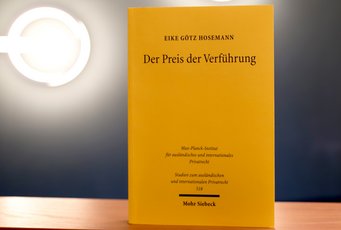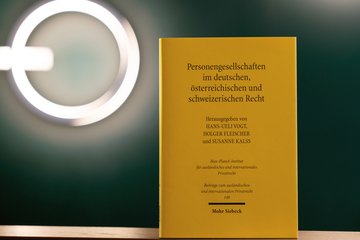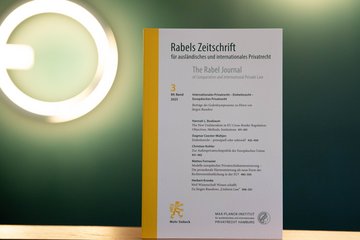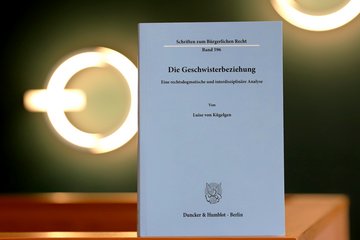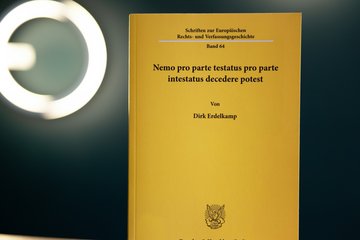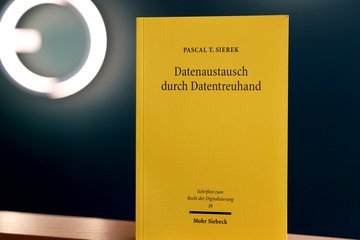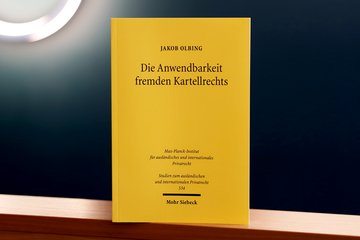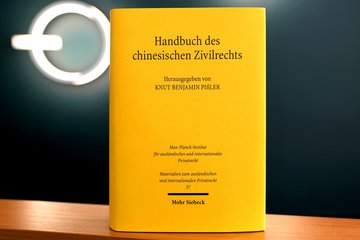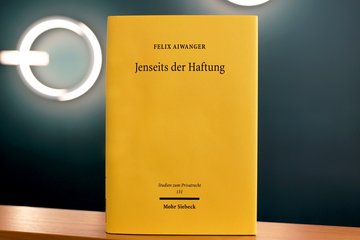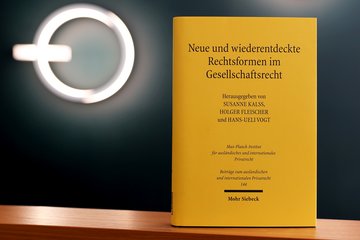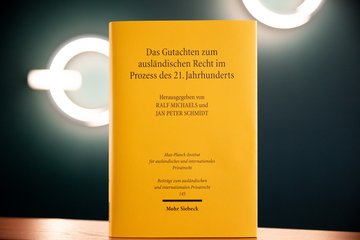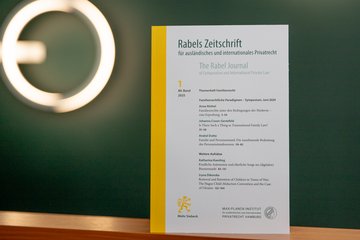The Price of Seduction
From 1857 until 1970, there was a peculiar cause of action in English law that foreign observers regarded with incredulity. On the basis of a statutory provision, husbands whose wives had taken a paramour could sue the other man for money damages. Former senior research fellow at the Institute Eike Götz Hosemann wrote his doctoral thesis on this infamous tort. His research is now out as a volume in the series Studien zum ausländischen und internationalen Privatrecht, an Institute edition published by Mohr Siebeck.
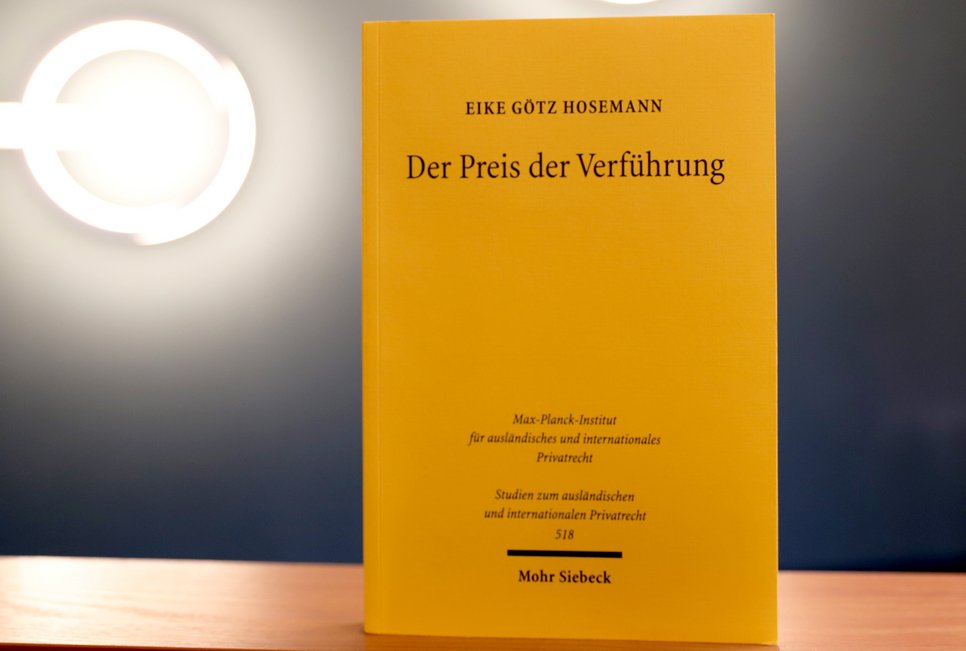
Hosemann’s study shows that it was not only continental Europeans who reviled the action for damages for adultery. Many members of the English public also took exception. The wont of judges to speak of the wife’s value in pounds and shillings seemed to English élites as an embarrassing blemish on their system of laws. Hosemann’s dissertation explores why Parliament codified the cause of action in 1857 and why it rejected calls for its abolishment until 1970.
Besides the political discourse surrounding the tort claim, this study also explores how the courts handled such claims in practice. Based on courtroom reporting published in the Times, Hosemann’s study shows a process ridden with contradictions. On one hand, courts propagated the notion that the sole purpose of the claim was to compensate the husband for both the tangible and intangible losses he’d allegedly suffered. But the plaintiff on the other hand did not always benefit from the damages assessed to the adulterer; courts could decide to put the funds toward maintenance of the plaintiff’s wife and children. The determination of damages was sometimes also guided by circumstances the consideration of which was in the interest neither of the husband nor of wife and child.
A central theme of Hosemann’s study is that precisely this contradictory nature of the tort itself may have contributed to its longevity. Depending on the circumstances, such claims responded to various community needs: to let the husband recover for financial harms; to affirm that adultery was morally repellent; and, ultimately, to not abandon wives to destitution after the divorce.
Eike Götz Hosemann studied law at Freiburg, Glasgow, and Harvard Law School. He worked at the Institute from 2012 to 2018. He currently serves as press secretary for the Federal Ministry of Justice. He earned a doctorate from Bucerius Law School in 2023 under the supervision of Reinhard Zimmermann.
Image: © Max Planck Institute for Comparative and International Private Law / Johanna Detering
